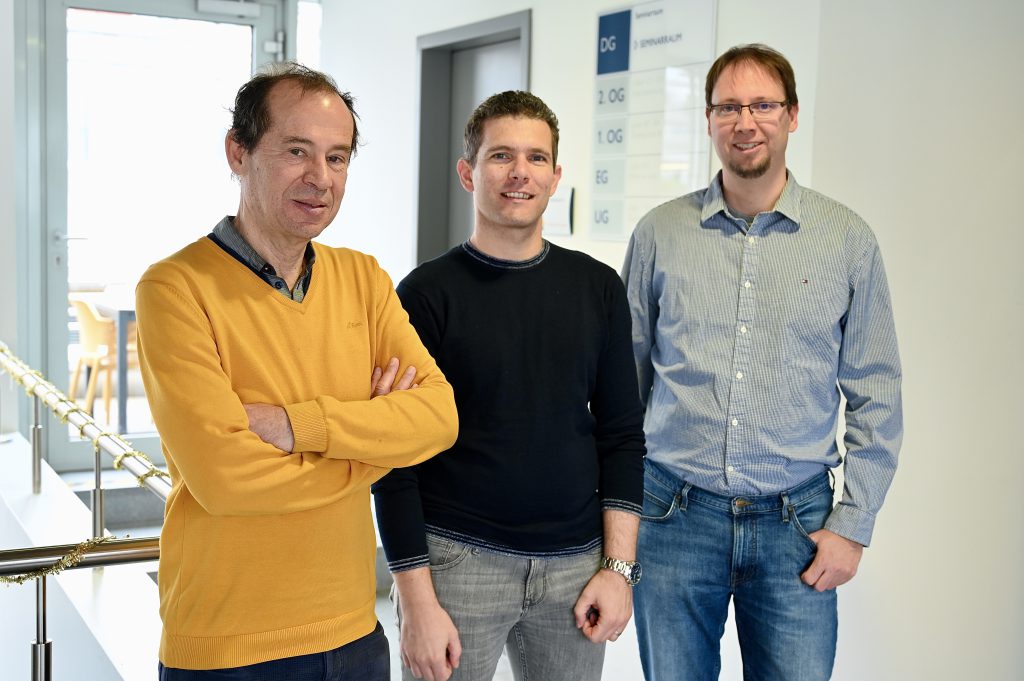St. Anna CCRI wants to develop new drug against Ewing sarcoma with international partners
A three-year project aims to improve the long-term survival rate of patients with Ewing sarcoma.
(Vienna, 22.02.2024) Ewing sarcoma is a very aggressive, rapidly metastasizing bone cancer. In Austria, five to eight children and adolescents are affected every year. The long-term survival rate is only 50 to 60 percent; those affected who have been diagnosed with metastases and a recurrence of the disease have an even lower statistical chance of survival – of 20 to 30 percent. It is therefore important to develop complementary medications that significantly increase the chances of recovery after surgery, radiotherapy and chemotherapy and do not place an additional burden on the patient’s body. Until now, the relative rarity of Ewing sarcoma and the lack of preclinical models have been an obstacle to new developments.
HSP90 inhibitors are particularly promising, but none has been approved for clinical use, so far. New HSP90 targeting compounds are now being sought in a binational, three-year project between. St. Anna Children’s Cancer Research Institute (St. Anna – CCRI) and the University of Ljubljana – the research is being funded by the Austrian Science Fund FWF on the Austrian side and the Slovenian Research Agency (ARIS) on the Slovenian side.
Taking the tumor driver out of the game
HSP90 is an essential protein. It supports the correct folding of other proteins so that they can achieve their function. More than 400 proteins benefit from its activity. Among its client proteins there is also the oncogene driving Ewing sarcoma pathogenesis, EWS::FLI1.
The team of Tihomir Tomašič, PhD in Ljubljana is developing novel HSP90 targeting compounds. St. Anna CCRI in Vienna is testing the efficacy and toxicity of these drugs in two innovative models – in the laboratory of Heinrich Kovar, PhD on organoids and in the Innovative Cancer Models group of Martin Distel, PhD on living organisms.
The innovative idea behind the project is that HSP90 inhibitors can take the tumor driver out of the game. To increase targeted efficacy and circumvent unwanted side effects in normal tissues, the teams will test several combination therapies including anti-apoptotic proteins, which are proteins that prevent cell death.

Research is in the early stages of developing new drugs to combat Ewing sarcoma in the long term. Ultimately, a significant improvement in the survival rate would be a great success.